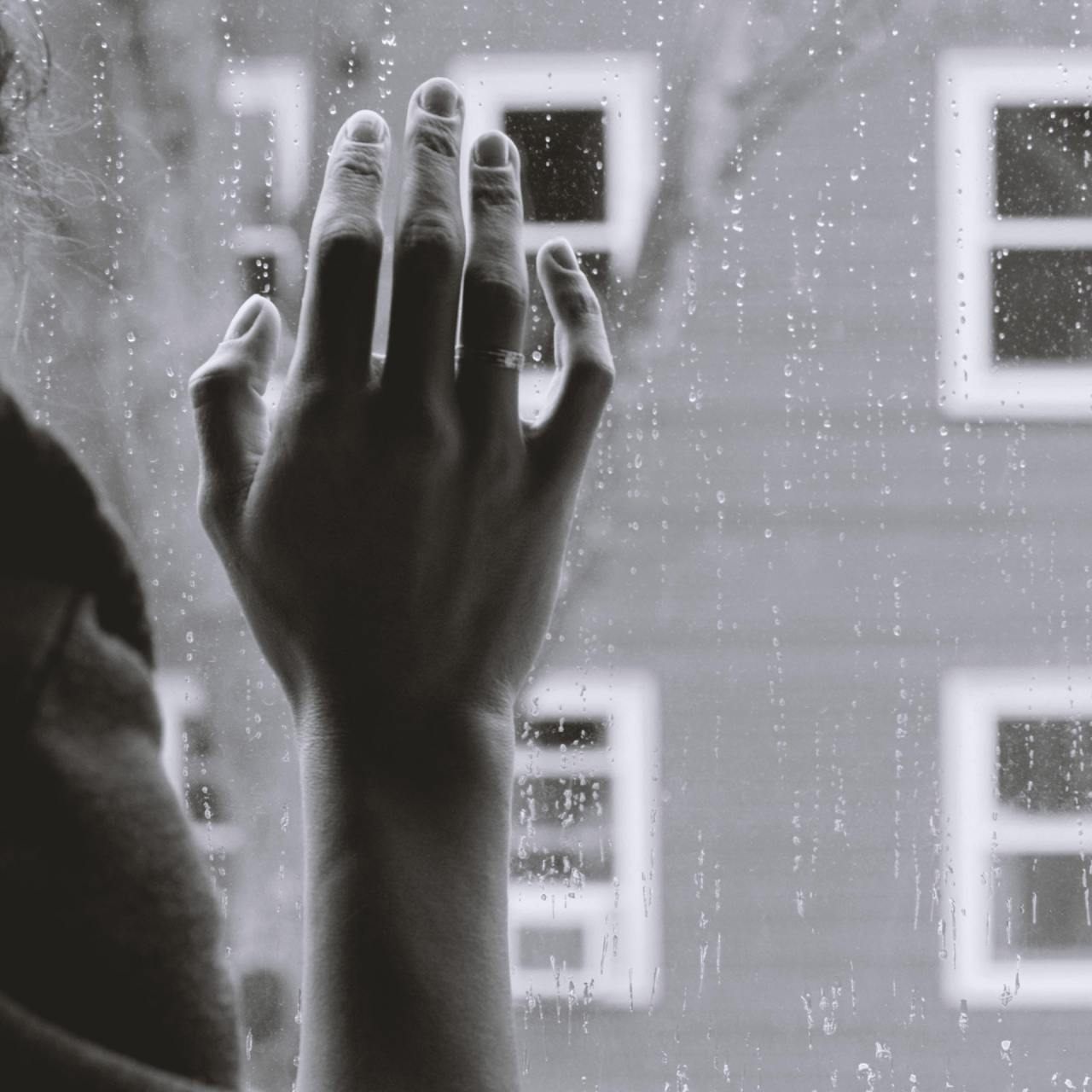E D U C A T I O N
DEPRESSION
D E P R E S S I O N
Learning About Diabetes Depression and Chronic Disease
Your Care Instructions
A chronic disease is one that you have for a long time. Some chronic diseases can be controlled, but they usually cannot be cured. Depression is common in people with chronic diseases, but it often goes unnoticed.
Many people have concerns about seeking treatment for a mental health problem. You may think it's a sign of weakness, or you don't want people to know about it. It's important to overcome these reasons for not seeking treatment. Treating depression or anxiety is good for your health.
How can you care for yourself at home?
Watch for symptoms of depression
The symptoms of depression are often subtle at first. You may think they are caused by your disease rather than depression. Or you may think it is normal to be depressed when you have a chronic disease.
If you are depressed you may:
- Feel sad or hopeless.
- Feel guilty or worthless.
- Not enjoy the things you used to enjoy.
- Feel hopeless, as though life is not worth living.
- Have trouble thinking or remembering.
- Have low energy, and you may not eat or sleep well.
- Pull away from others.
Think often about death or killing yourself. (Keep the numbers for these national suicide hotlines: 1-800-273-TALK [1-800-273-8255] and 1-800-SUICIDE [1-800-784-2433].)
Get treatment
By treating your depression, you can feel more hopeful and have more energy. If you feel better, you may take better care of yourself, so your health may improve.
Talk to your doctor if you have any changes in mood during treatment for your disease.
Ask your doctor for help. Counseling, antidepressant medicine, or a combination of the two can help most people with depression. Often a combination works best. Counseling can also help you cope with having a chronic disease.
When should you call for help?
Call 911 anytime you think you may need emergency care. For example, call if:
You feel like hurting yourself or someone else.
Someone you know has depression and is about to attempt or is attempting suicide.
Call your doctor now or seek immediate medical care if:
- You hear voices.
- Someone you know has depression and:
- Starts to give away his or her possessions.
- Uses illegal drugs or drinks alcohol heavily.
- Talks or writes about death, including writing suicide notes or talking about guns, knives, or pills.
- Starts to spend a lot of time alone.
- Acts very aggressively or suddenly appears calm.
Watch closely for changes in your health, and be sure to contact your doctor if:
You do not get better as expected.
LEARN MORE
Care instructions adapted under license by Alliance In Health Diabetes Control Center. This care instruction is for use with your licensed healthcare professional. If you have questions about a medical condition or this instruction, always ask your healthcare professional. Healthwise, Incorporated disclaims any warranty or liability for your use of this information.



